Given that there’s apparently no aspect of American life where culture wars don’t rage, the only surprise about Netflix’s latest controversy is that it hasn’t been going on for at least three years. After all, this is a company whose CEO, Reed Hastings, called for a Hillary landslide in 2016, because ‘Trump would destroy much of what made America great’.
The reason #boycottnetflix was trending earlier this month on you-know-where is that Netflix announced that it would ‘rethink’ filming in Georgia if the state’s new abortion law went ahead. But the first rumblings of conservative anger towards the company came in May 2018 when its chief content officer Ted Sarandos, a former fundraiser for Obama, unveiled a multi-year deal between Netflix and Barack and Michelle’s new production company, which would provide new films and television programmes for the streaming giant. Sarandos’s assurances that there’d be ‘no political slate to the programming’ felt distinctly disingenuous at the time. They felt even more so when the first shows were announced in April. Amid some impeccably woke-sounding dramas, there’ll be a series based on Michael Lewis’s book The Fifth Risk, which analyses in some detail just how dangerously inept Trump’s initial months in government were.
Not that Netflix viewers haven’t been given access to Obama-worship and Trump-bashing already. The ex-president’s first post-White House interview was for the opening episode of David Letterman’s Netflix talk show — where the interrogation included such remarks as ‘Without a question of a doubt, you are the first president I truly and fully respect’. And among the documentaries you can stream, are three that between them shred pretty much every part of the Donald’s career and personality.
Take the four-part series Trump: an American Dream, one of few political documentaries you might need to watch between your fingers. In one scene, we hear Trump in 1999 ringing the presenter Howard Stern live on the radio. ‘Let me talk to that broad in your bed,’ Stern asks, before telling the broad in question, ‘You’re so hot’ — to which Melania replies, ‘Thank you so much.’ ‘What are you wearing right now?’ Stern duly goes on. ‘Not much,’ she says obligingly. Meanwhile, the series forensically lays out the lies, bullying and sometimes outright fraud that’s characterised Trump’s business career — and the sociopathic behaviour that’s characterised the man himself.
After watching that, you might think Trump couldn’t possibly have done any more that was wrong. (He wouldn’t have time, for a start.) But in the final episode of Dirty Money, a compendium of recent capitalist crimes, it turns out that he could. Here, we get full chapter and verse on the corruption involved in his licensing of Trump Towers in several unsavoury parts of the world. A former employee of Trump University explains how he was expected to sell ineffective — or non-existent — real-estate courses to people who couldn’t afford them.
More eye-popping still is Get Me Roger Stone, a profile of Trump’s long-time consultant, who many people (Stone included) believe was the Machiavellian mastermind behind his rise to the Oval Office. The allegations about all the dirty tricks Stone has performed over the years might seem excessive — except that he cheerfully, even boastfully, admits to them. One of his mottos, he tells us proudly, is ‘Hate is a more powerful motivator than love’.
In other words, the problem for Conservative objectors to Netflix is that these documentaries may be anti-Trump — but they’re also utterly convincing.
Admittedly, there are Netflix films where a liberal agenda serves to distort a few facts. Knock Down the House, for example, portrays the new liberal heroine Alexandria Ocasio-Cortez as a plucky Latina waitress triumphing over the political establishment to end up in Congress — with no reference to her degree in international relations from Boston University, or her work as an intern for Ted Kennedy.
On the other hand, there’s also Mitt, which had astonishing access to Mitt Romney in the six years leading up to his election defeat to Obama in 2012, and which clearly admires him. And not without reason either. Romney comes across extremely well, with a neat line in rueful self-deprecation that can’t help but seem a depressing contrast to his successor as the Republican candidate. (According to Trump: an American Dream, Trump considered Romney’s gracious concession speech such a shameful display of weakness that he trademarked the phrase ‘Make America Great Again’ the next day.)
And it’s hard not to have the same sense of loss when watching that Obama interview with Letterman — especially if you’ve just binged on the Trump documentaries, when Barack’s generosity, sense of humour and freedom from bombast act as much-needed palate cleanser. In the same interview, he also puts his finger on what’s surely the real reason for the current Netflix controversy: that people once felt justifiably entitled to their own opinions, but now they feel less justifiably entitled to their own facts. Americans, he says, ‘are operating in completely different information universes’.
The trouble, of course, is that the chances of this changing any time soon are about as likely as Michelle Obama telling a radio host what she’s wearing in bed.
Got something to add? Join the discussion and comment below.
Get 10 issues for just $10
Subscribe to The Spectator Australia today for the next 10 magazine issues, plus full online access, for just $10.

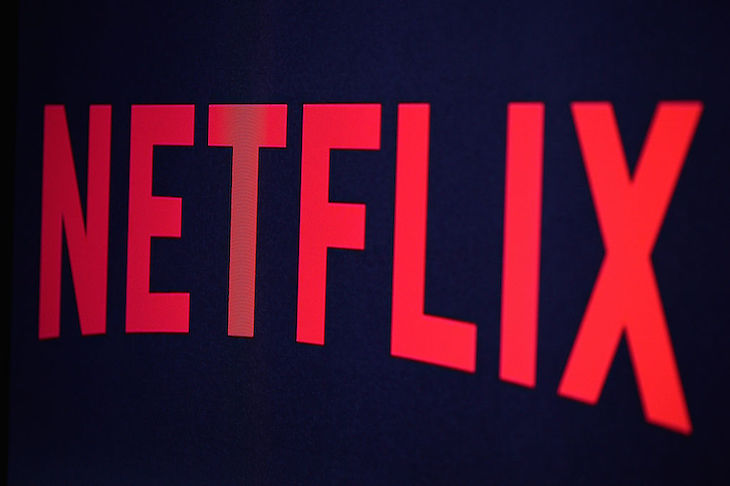
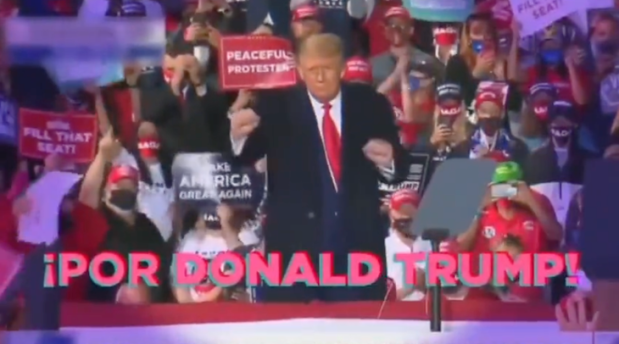

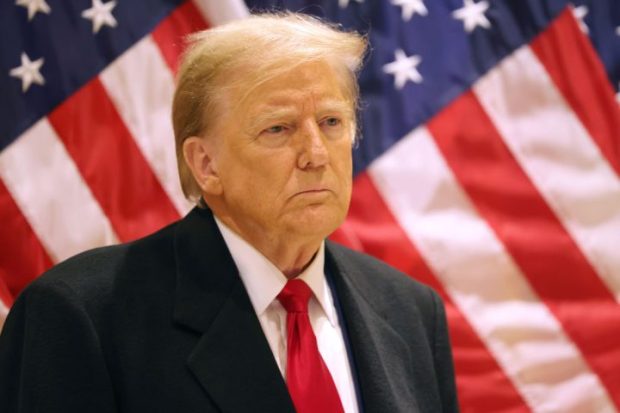
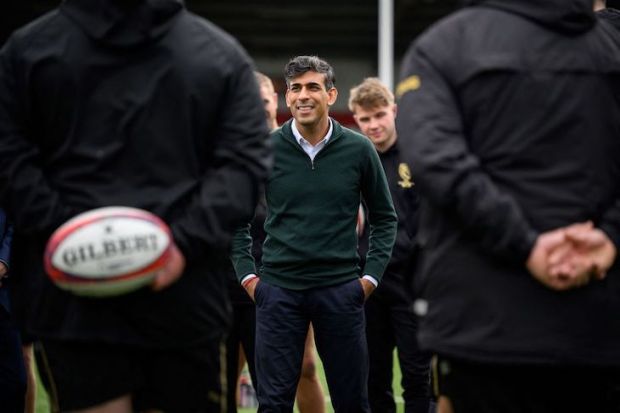
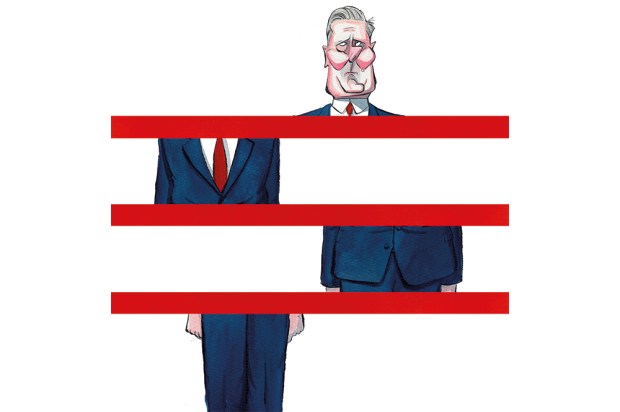













Comments
Don't miss out
Join the conversation with other Spectator Australia readers. Subscribe to leave a comment.
SUBSCRIBEAlready a subscriber? Log in